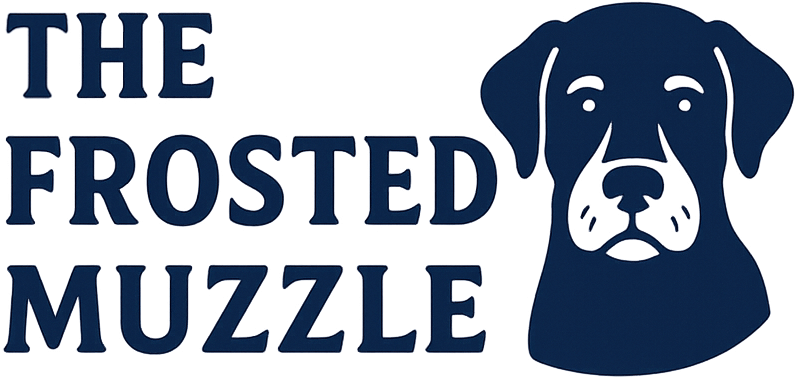Table of Contents
Beagles are known for their boundless energy, curious noses, and friendly personalities. But like all dogs, they eventually slow down. The question of when a Beagle becomes a senior isn’t just about age, it’s also about subtle changes in their behavior, health, and energy levels. So, when does this transition typically happen, and what should you expect when it does?
Understanding a Beagle's Lifespan
Beagles generally live between 12 and 15 years, though some live longer with good care and a little luck. Given this range, most veterinarians consider a Beagle a senior around 8 to 9 years old. This is when age-related changes may start to appear, even if your dog still seems full of life.
Of course, every dog is different. Some Beagles begin to show signs of aging a bit earlier, while others remain puppy-like well into their double digits.
Signs Your Beagle Is Entering Their Senior Years
A number doesn’t tell the full story. To know if your Beagle is entering their golden years, you’ll want to watch for these changes:
- Slower movement: They might not chase after squirrels with the same urgency or take as long of a walk as before.
- Changes in sleep: Older Beagles tend to nap more during the day and may become restless at night.
- Gray hairs and weight shifts: You might notice graying around the muzzle or weight gain due to a slower metabolism.
- Stiffness or joint pain: Arthritis is common in aging dogs and may cause hesitation when climbing stairs or jumping.
- Shifts in behavior: Your once social butterfly might become more reserved or anxious.
These changes are natural, but they’re worth keeping track of. Sometimes, what seems like aging is actually a treatable health issue.
How to Support a Senior Beagle
As your Beagle gets older, your approach to their care may need a few adjustments.
- Regular vet visits: Twice-a-year checkups can catch age-related conditions early, from dental disease to kidney issues.
- Tailored nutrition: Senior dogs often benefit from diets with fewer calories but more joint-supporting nutrients.
- Exercise, but not too much: Shorter, more frequent walks can help maintain muscle tone without straining aging joints.
- Mental engagement: Beagles are clever, scent-driven dogs. Puzzle toys, gentle training, or scent games can keep their minds sharp.
Don’t forget emotional support. Senior dogs still want to be near their people, even if they no longer follow you from room to room.
The Upside of an Older Beagle
There’s something special about an aging Beagle. They tend to be calmer, more content, and deeply connected to their people. They’ve grown out of the wild puppy antics, and what remains is a loyal friend who knows your routines, and your moods better than anyone.
So while the shift to senior status might come with a few extra responsibilities, it also comes with a deeper bond and the quiet joy of growing older together.
Becoming a senior doesn’t mean your Beagle is on the decline, it means they’re entering a new, gentler chapter. One where they still have plenty of tail wags left, just at a slower pace.

